These days, millions of people experience a stark shift in how they work. The COVID-19 outbreak forces many people to work from home, isolated and connected with co-workers only virtually (see tips about successfully collaborating virtually here). It will take employees and employers some days or weeks to assimilate to the new situation.
One can argue, that the pandemic and the related shutdowns of entire countries will have a lasting impact on the future of work even when the worst has passed, vaccines have been found and “things went back to normal”. But will they?
Even once the new corona virus has lost its power to put entire economies on lock down, the way we work and what “work” itself means will change significantly in the years to come and remarkable transformations are up ahead.
The Changing Nature of Work
One person who’s been studying the future of work for decades is Prof. Pamela Hinds, Co-Director of the Center on Work, Technology, and Organization (WTO) in the Department of Management Science and Engineering at Stanford University in Silicon Valley. Pamela studies the effect of technology on teams and collaboration. Most recently, Pamela has been looking at the changing nature of work in the face of emerging technologies, including the nature of coordination in open innovation.
The Sparkr Podcast now presents a conversation with Pamela which dates back to 2017. Even though three years have passed since the conversation, Pamela’s insights and thoughts still hold value today. We talked about what “work” means today and how it’s changing in the future, why a strong sense of purpose is increasingly important, why she doesn’t like the concept of “best practices” or why it is crucial for executives and decision makers of all kinds to become more data literate.
What Is “Work” – Today and in the Future
In the past, “work” was most commonly associated with a place you go to make a living as an employee and spend a chunk of 8+ hours per day with one employer. Not surprisingly, your personal (and public) identity as well as your purpose in life was strongly intertwined with that employment. For many, this setting still holds true today, however it’s become abundantly clear that tectonic shifts are occurring.
What are some of the changes that Pamela is seeing in her research?
- Increasingly people won’t go to work in an organization that employs and pays them.
- More and more, people might stay where they are and do their work from there.
- Increasingly individuals do work in form of contests or competitions – they invest their time and might or might not get payed.
- Increasingly, people might not be employed anymore but be a part of an online labor market where they do pieces of work for a variety of organizations or individuals.
In other words: We might be moving towards a world where individuals are no longer employed in a traditional sense but are competing in a “gig economy” enabled by online labor markets. This fundamental shift bears a lot of challenges and opportunities.
Let’s talk about the purpose aspect first. According to Pamela, most research suggests that purpose becomes more and more central. For employees to be truly engaged and dedicated to their work they need to have sense of meaning and they need to care. People need to know what they are contributing to. And the expectation to have such meaning and purpose is increasing. Your values and purpose as an employer not only help to boost performance but also to attract and retain talent. The importance of values and storytelling are a part of this Sparkr Podcast episode featuring a former expert at Apple.
Digital Transformation Innovation Future of Work Stanford University Pamela Hinds Open Innovation Crowdsourcing New Work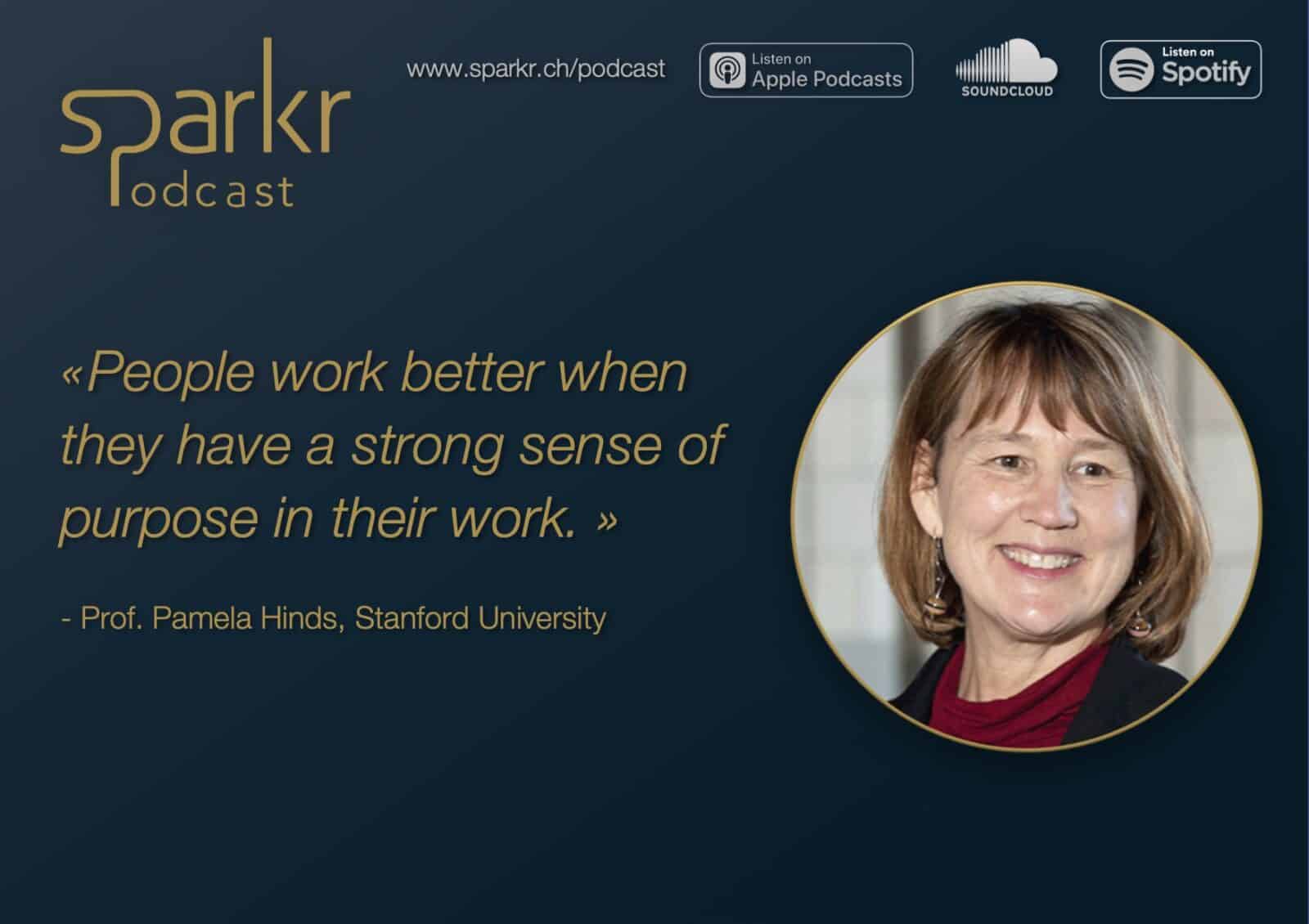
However, what if employment as a source of identity and purpose is disappearing? Where will people derive their purpose from and whose responsibility will it be to create that purpose? Can the atomized and individualized “gig economy” provide the same kind of purpose? According to Pamela, we are at the early stages of that transformation and we don’t really know what it will mean yet.
Open Innovation: Learning, Growing, Achieving
A place where we are already seeing individuals at work without any traditional employment is the open innovation community. From a basic economic theory’s perspective, crowd sourced offerings such as Wikipedia should not exist. The thousands of hours of semi-professional videos that are uploaded every minute to YouTube and other video platforms should not exist. The list goes on and on. There are millions of “proams” (professional amateurs) out there which form an innovative and productive crowd from which the entire world benefits. How is that possible? The answer has two components: motivation and enablement. Let’s look at the motivation part first.
The Motivating Element
Pamela’s research suggests that two main reasons why people contribute to open innovation is that it’s an opportunity to learn new skills and to interact with more senior people. Crowd sourcing or open innovation can exist because people generally want to learn and want to create since there’s purpose to be found in these activities where you experience personal growth, the thrill of exploration and achievement.
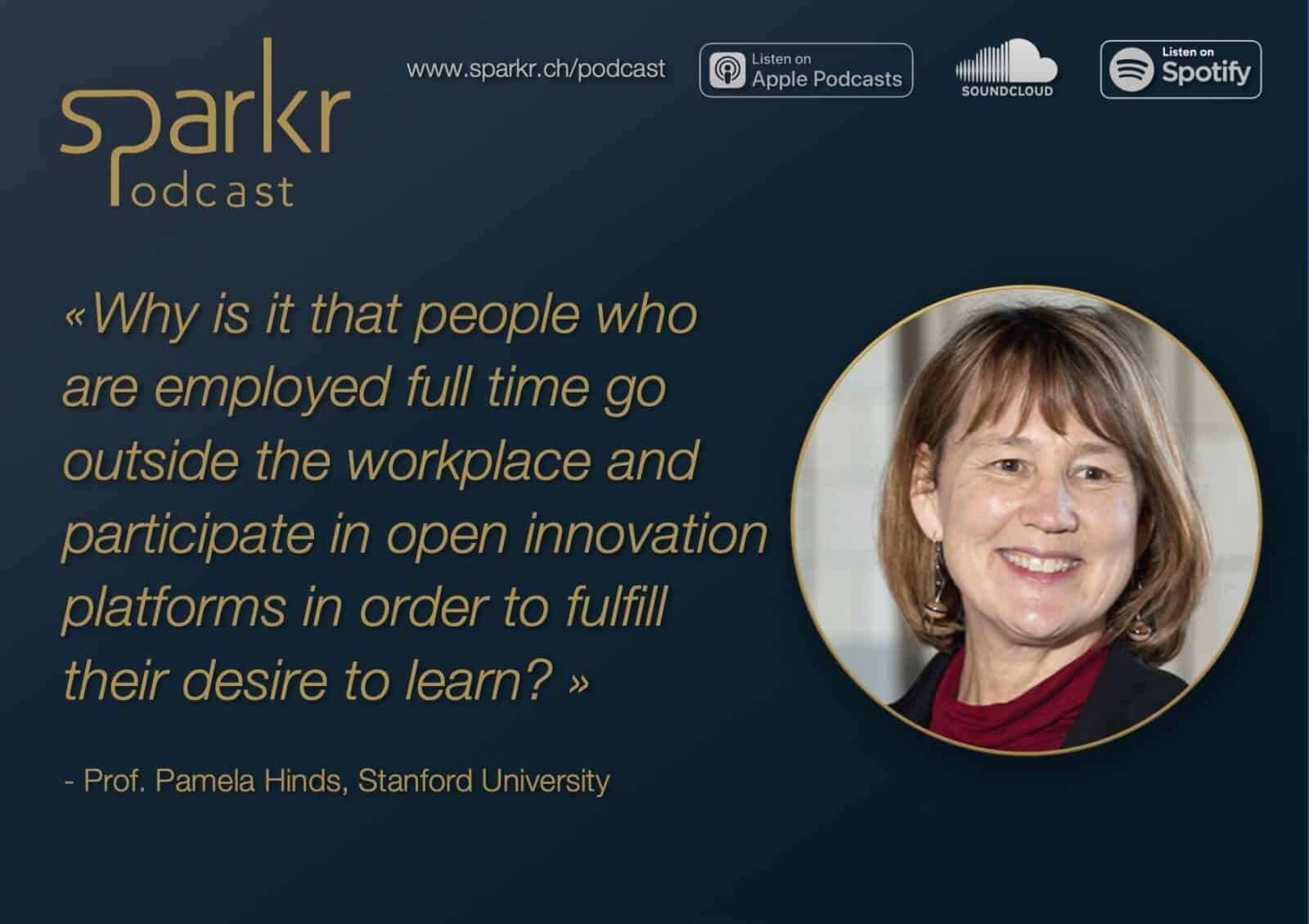
This bears an important question for employers: Why is it that people who are employed full time go outside the boundaries of their workplace and participate in open innovation platforms in order to fulfill that desire to learn and grow? Pamela argues that “something is not happening within the workplace that should be happening”. Something that would enable people to learn more, experiment more and contribute more to the organization.
Learn from Start-ups
In Pamela’s opinion, large and / or established organizations are (too) strictly structured. Many of us know it from personal experience: People have a specific function and specific deliverables. Each person is a cog in the machine. And according to David Graeber, an anthropologist and author, there are also many “bullshit jobs” out there which do not make a meaningful contribution at all.
In addition, large and established organizations love “best practices”. For Pamela, this concept is hugely problematic because it suggests that there’s only one best way to do things – no matter the context – and it discourages people from doing things differently, look for better alternatives and new possibilities. So, you might want to ditch “best practice” and start looking for “better practice”. There’s always an opportunity for exploration and improvement to be found and you want to give that feeling of constant potential to your organization’s stakeholders.
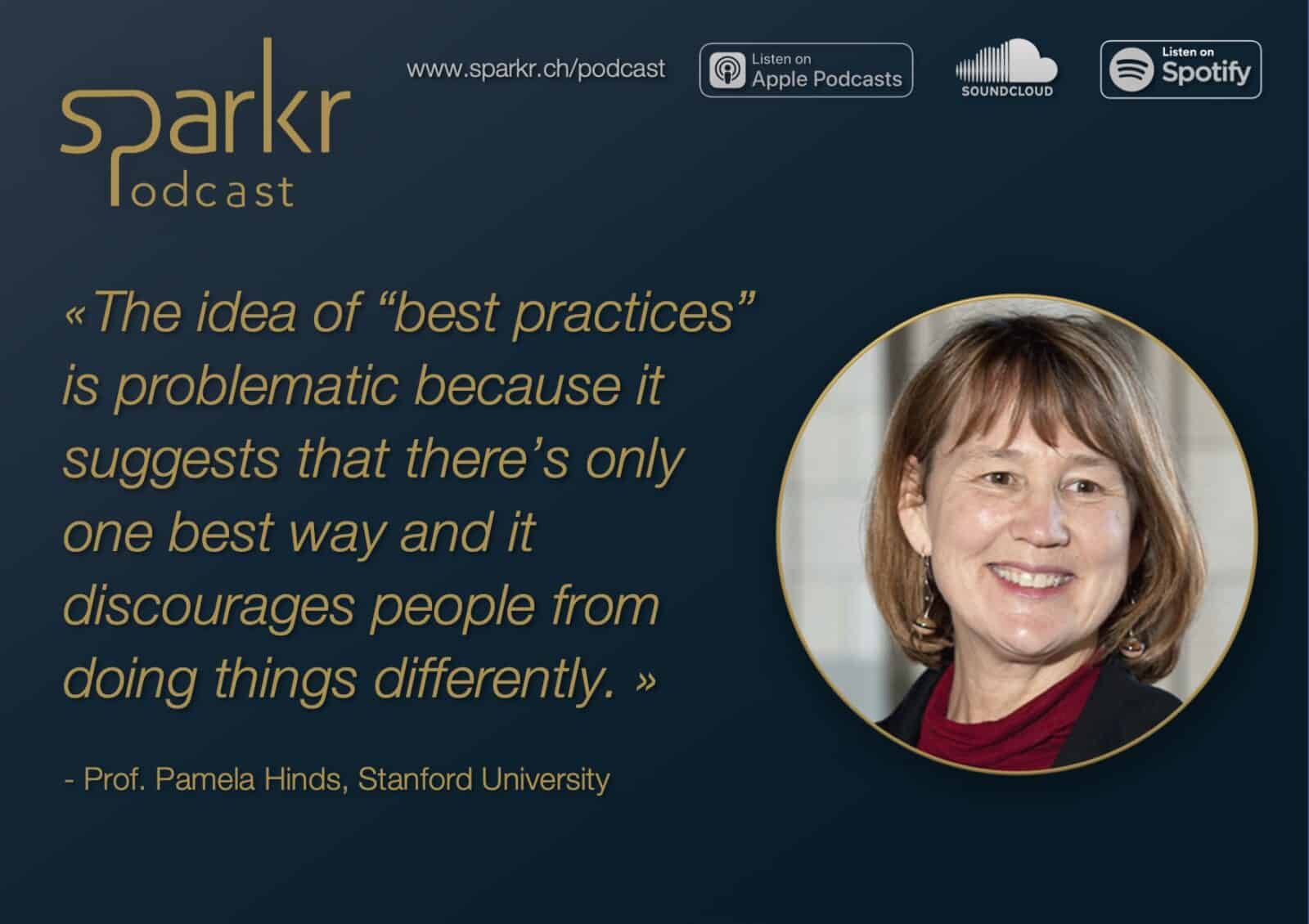
As a contrast to large, established organizations, let’s look at start-ups for a second: Their organizational rules are less defined and people can step in and step up if they see a need for change. And more often than not, start-ups are too young to have established “best practices” on whose laurels they could rest.
Organizations of all kinds should ask themselves, how they can adopt the advantages of a start-up organization, so that these positive aspects of start-ups can stay alive and contribute to the innovative performance and purpose of any organization. That way, organizations can benefit of the full potential and ingenuity of their contributors. And now let me tell you why pizzas – yes, pizzas – might offer a solution.
Two Pizza Teams
Not every organization can stop being large and old and turn into a start-up. But every organization can create “two pizza teams”. Say what now? “Two pizza teams” is a concept of Jeff Bezos, founder of Amazon, who thinks that a team should be just as big so that you can feed it with two pizzas – which is around 5 to 8 people. The more people you have in a team, the more time you need to communicate and coordinate to get things done. And the critical thing is this: The effort to communicate and coordinate grows faster than the team size. With each new member in a team, the coordination efforts grow over-proportionally. That’s why the email inbox of too large teams is constantly full and too many meetings are being scheduled while true progress might get increasingly hard to achieve.
Long story short, teams shouldn’t grow for no reason because a team doesn’t automatically get more productive with more people. What teams need is what I like to call a two pizza DIET:
- Decision making processes which allow teams to get approval, act fast and autonomously,
- Information relevant for their tasks,
- Expertise that is required to get the job done and make good decisions and
- Technology that enables them.
The Enabling Element and the Organization of One
It’s the above-mentioned DIET characteristics that makes the difference if a group of people can be effective. It’s not their team size per se. Thanks to the internet and other innovations, individuals today can access relevant information, expertise, technology and decide on their own quickly and at very low cost. As a consequence, what would have been possible only for larger organizations not too long ago is now also feasible for smaller groups of people or individuals. When you wanted to get something done in the past, you needed to build an institution or organization to gather the resources and coordinate the efforts. Today not anymore.
This development changes the nature of work not only because it enables open innovation and crowd sourcing but also because it sets the preconditions of the “gig economy” in which more and more people work and compete as an “organization of one” – with all its liberating and daunting consequences for the future of work, society and the psychological well-being of its individuals.
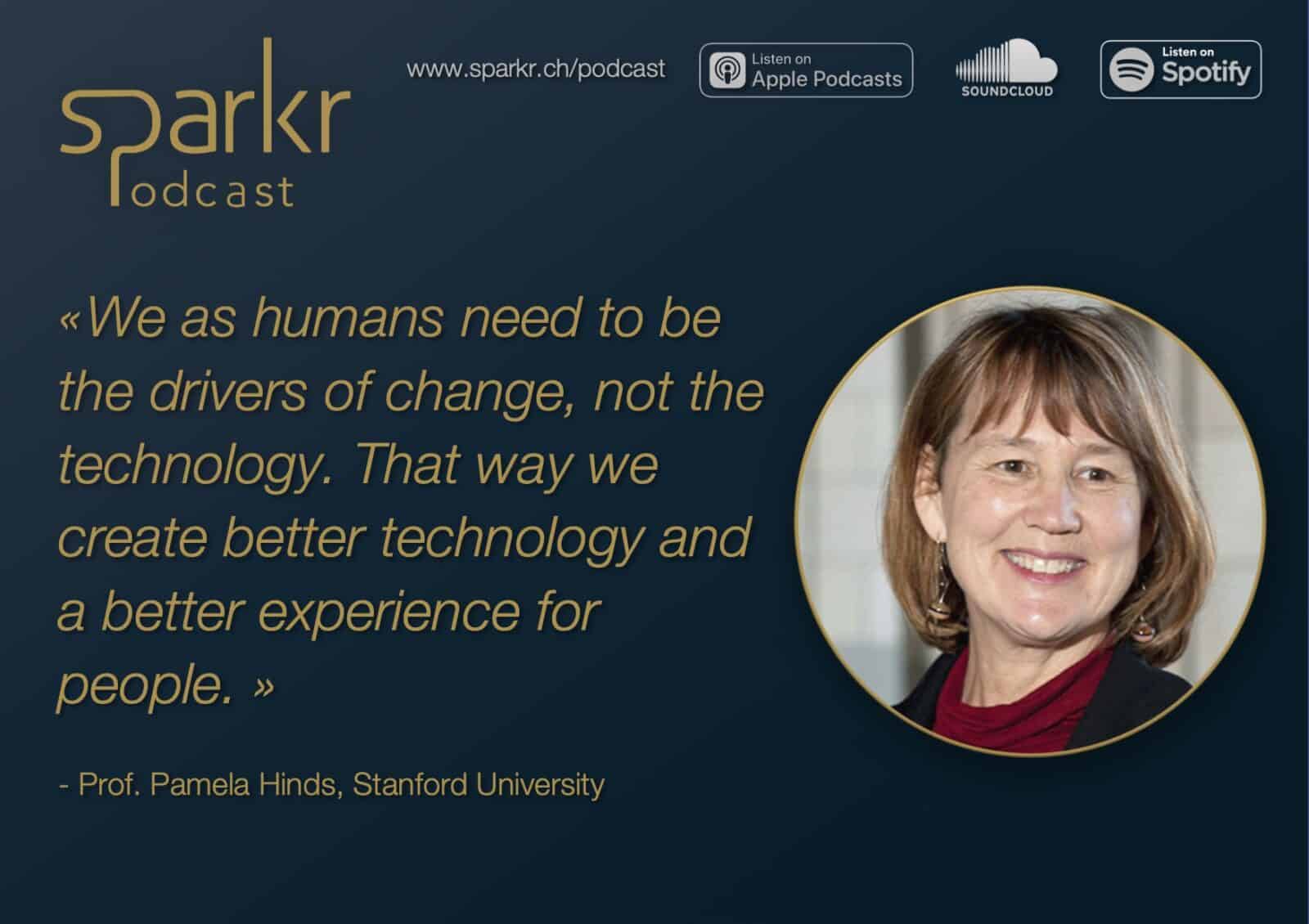
That’s why we all should be paying close attention to what researchers like Pamela have on offer and why it was a pleasure for me to have had this conversation with her and make it available as a Sparkr Podcast episode for you.
More Episodes of the Sparkr Podcast
You find all the Sparkr Podcast Episodes here and you can subscribe to the podcast on Apple Podcast, Spotify, Soundcloud or wherever you listen to your favorite shows.
#23 Wolfgang Beltracchi über Kunst, NFTs und einen 450 Millionen Dollar Fake (German)
#22 Batterien - Schlüsseltechnologie für die Nachhaltigkeitsrevolution (German)
#21 Frugal Innovation - a powerful mindset for a better economy (English)
#20 Innovation in der Verwaltung - Hinter den Kulissen des Corona Rettungsprogramms (German)
#18 Self-management methods and productivity tips for less stress (English)
#17 Sustainability - Insights from a fascinating researcher and social entrepreneur (English)
#15 Resilienz und Widerstandskraft stärken mit Erkenntnissen aus der Stressforschung (text: English, audio: German)
#14 The Future of Work and Open Innovation - a Conversation with Stanford Professor Pamela Hinds (English)
#12 Künstliche Intelligenz und die Folgen für Mensch, Gesellschaft und Wirtschaft mit Thomas Ramge (text: English, audio: German)
#11 Jean-Claude Biver über wahren Erfolg, echten Luxus und was wir von Hippies lernen können (German)
#10 Executive Briefing on 5G (English)
#3 Lukas Peter from Swisscom about what (Swiss) SME can learn from Silicon Valley (text: English, audio: German)
#2 Timo Pelz from Facebook about the importance of corporate culture (English)
#1 Ottmar Hitzfeld about leadership (German)
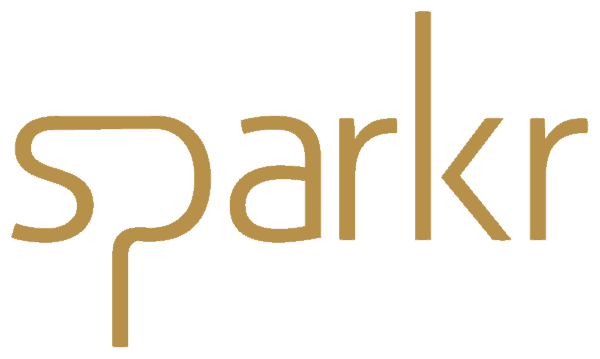


9 Gedanken zu “The Future of Work – the “Gig Economy”, Pizza and Open Innovation (Sparkr Podcast #14)”
Die Kommentare sind geschlossen.